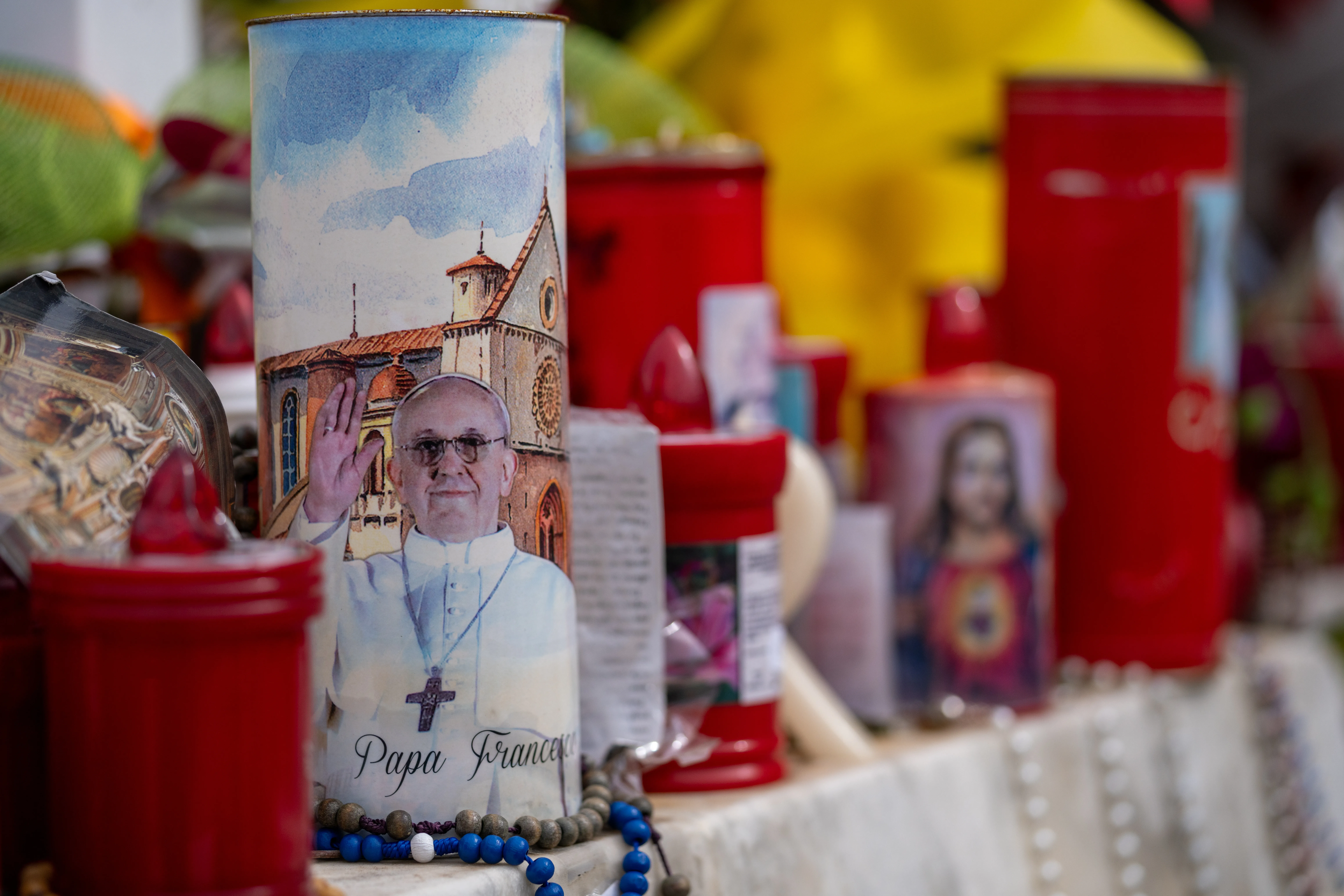When the grant money stalled, APSA was forced to write off 30 million of the 50 million euro loan, wiping out APSA’s profits for the 2018 financial year.
Bishop Nunzio Galantino, head of APSA, acknowledged the loan and its write-off in September, even though APSA is legally prohibited from making loans that finance commercial transactions, due to its 2012 moneyval agreement.
After the Oct. 21 publication of a book that alleged the Vatican was nearly insolvent, Galatino blamed the loan for APSA’s failure to register a profit for the first time in its history.
Parolin answered CNA’s questions this week after Cardinal Angelo Becciu, who has widely been reported to have been the driving force behind both arranging the loan and pushing for the Papal Foundation grant, contacted CNA to deny his involvement in those matters. He told CNA that both matters were the "competence" of the Secretary of State, Parolin.
Becciu told CNA by text message earlier this month that he had not known about the APSA loan until after it was arranged, and that he had no part in requesting a grant from the Papal Foundation.
(Story continues below)
The 2014 APSA loan was arranged over the strong objections of Cardinal George Pell, then serving as the Prefect of the Secretariat for the Economy and charged by Pope Francis with enforcing financial accountability on the Roman Curia. CNA has also reported a loan request for the same purpose had been vetoed by the IOR, the Vatican’s deposit bank, after its president, Jean-Baptiste Douville de Franssu, and Pell agreed that the IDI was unviable and the money would never be repaid.
While Parolin took responsibility for the IDI arrangements, Vatican officials across several dicasteries have told CNA Becciu was involved in organizing both the loan and coordinating the lobbying effort for the Papal Foundation grant. That effort included a visit to McCarrick by the secretary of APSA, Fr. Mauro Rivella, in Washington, DC, shortly after the grant request was made. The visit took place before McCarrick pushed board members to approve the grant, and after an investigation into McCarrick’s sexual misconduct had begun.
Still, Parolin insisted that “as far as I know, Cardinal Becciu had no role whatsoever in” those matters.
Nevertheless, Becciu’s personal connections to the IDI hospital go back at least as far as his appointment to the position of sostituto in 2011.
Shortly after Becciu began working as the second-ranking official in the Secretariat of State, Fr. Franco Decaminada, the IDI’s president - subsequently arrested, prosecuted, imprisoned, and laicised for theft and fraud - approached him for support on a proposal that the Secretariat of State supply the IDI with 200 million euros, ostensibly to fund a take over of another hospital by the IDI, which was already teetering on insolvency.
In October, Becciu told CNA he did not recall any such proposal, though it had been reported previously in Italian media. Shortly after that proposal was made, Decaminada hired Becciu’s niece Maria Piera Becciu, as his personal secretary.
In October, CNA asked Becciu if he or his position at the Secretariat of State had played any role in the hiring of his niece at the IDI. He told CNA that “she applied for the position and was hired.”
Last month, Becciu told CNA that his interest and involvement with the IDI ceased when Cardinal Parolin was appointed Secretary of State.
“Cardinal Parolin assumed the office of Secretary of State [in 2013] and I no longer concerned myself with IDI,” he said.
While taking responsibility for the APSA loan and the Papal Foundation request, Parolin told CNA that the interpretation of those events “by certain media is a different matter, presenting these operations as non-transparent, irregular or even illegal: this, as far as I am concerned, is not the truth.”
But beyond the APSA loan and Papal Foundation grant, other aspects of the IDI purchase have raised serious questions.
In addition to the APSA loan, the Vatican also used 30 million euros diverted from the Bambino Gesu, another hospital under its oversight, to purchase the bankrupt IDI. That money was taken from an 80 million euro grant the Italian government had given the Bambino Gesu.
Cardinal Guisseppe Versaldi, arranged that diversion. At the time, Versaldi led the partnership to buy the IDI, oversaw the Prefecture for the Economic Affairs of the Holy See and was the Vatican’s delegate to oversee the Italian province of the Sons of the Immaculate Conception, the religious congregation that had owned the hospital, had a partnership with the Vatican to buy it again, and had also been dragged into insolvency.
Wiretaps recorded Versaldi discussing the plan with Giuseppe Profiti, the president of Bambino Gesu, with the two agreeing to conceal the misdirection of the funds from Pope Francis.
Versaldi and Profiti later denied any wrongdoing, and the cardinal claimed he only wanted to spare the pope the technical details of the efforts to save the IDI.
In his comments to CNA Parolin also addressed a lament from Becciu, who told CNA this month that while he is uncertain which Vatican officials have suggested he is connected to the IDI affair, he believes he could be the victim of a misinformation campaign, designed to sully his reputation by linking him to the affair.
Parolin does not think that to be the case.
“I believe there is no curial plot. In any case, I am completely extraneous to any operation of the kind: if there were such an operation I would condemn it in the strongest possible terms,” Parolin told CNA.
A spokesman for Wuerl told CNA that the cardinal “has no comment beyond reiterating those facts already on the public record regarding the Papal Foundation application process.”








